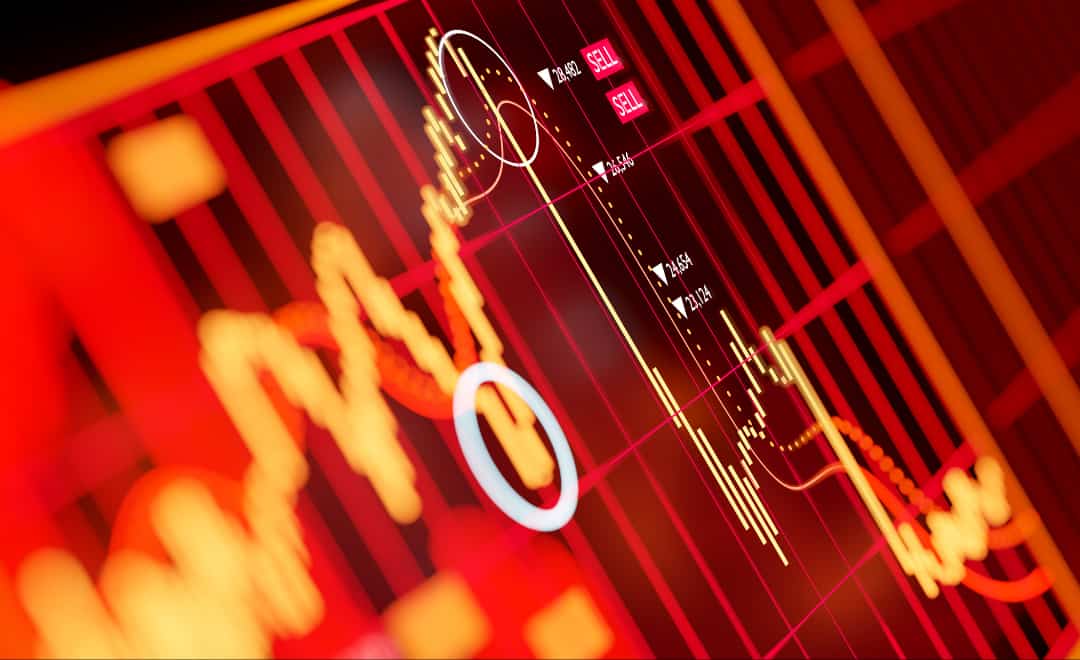COVID-19 has caused a significant loss of life in China, South Korea, and Italy, in addition to other places. Although much less tragic, the spread of this virus has weighed on global financial markets. With market conditions in turmoil, I thought it might be beneficial to provide some perspective.
Before I get directly to addressing the coronavirus, I believe financial market valuations are too high. In the past 12 months, the companies in the S&P 500 Index have experienced earnings growth below 1 percent. During that same period, their prices expanded by more than 10 percent even after recent declines. Meanwhile, economic conditions, especially employment and the domestic consumer in general, were supportive of continued growth, albeit at a lower pace. Given that starting point, I see coronavirus as a trigger for the decline, not necessarily the root cause.
Coronavirus has shown no signs of containment. While deaths have been relatively low, the speed at which the virus has spread is the biggest cause for concern. With no cure and no technological way to stop the spread, sporting events and public gatherings are being cancelled in Europe and Asia to aid in containment. These changes in social activities are feared to cause significant economic slowing, which is at the heart of the market selloff according to media sources. This all seems logical, but history shows a recent pattern of short-lived selloffs over similar issues.
Let’s recall some events occurring over the past 10 years and their related market reactions. In 2010 an industrial accident in the Gulf of Mexico caused a huge oil spill, and financial markets plunged by approximately 16 percent. In January 2011 an earthquake off the coast of Japan caused a tsunami that destroyed a nuclear power plant, and the S&P 500 fell more than 6 percent but recovered by mid-summer of the same year. In late summer 2011, Standard & Poor’s ratings on the sovereign debt of the United States of America was cut one level from the top rating of AAA to AA+. Equity markets as measured by the S&P 500 fell more than 16 percent in the few weeks that followed but recovered within a couple of months.
The most similar event to what we currently face with coronavirus occurred in 2014 when the Ebola virus came to the United States. From 2013 to 2016, West African nations struggled to stop Ebola, a virus with much higher instances of death for those infected than we have seen in most other viral outbreaks. A doctor who had visited that region returned to the United States fully infected with the virus. One of his caregivers contracted the virus while helping him. In all, four cases of Ebola discovered in the United States, three were treated successfully, but the fear of a widening in the Ebola outbreak hit financial markets, which lost nearly 10 percent before the final patient was cleared from quarantine. Financial markets recovered within the next two months. Most recently, tariffs caused fears of economic downturns in 2018. In the final three months of that year equity markets lost almost 20 percent, but they have since recovered, and we remain more than 20 percent above the low levels of that decline—even after the past few days of the coronavirus scare. In all, the S&P 500 has gained more than 230 percent in the past 10 years despite all the issues just noted.
The stock market is volatile! For this reason, I encourage investors to avoid it with their assets needed for spending within the next 10 years. However, despite bad events no one can forecast, I remain steadfast in my belief that stocks are great assets to use in growing wealth over long periods. Never have I had a better example than here.
For more information on the spread of the virus, visit: Coronavirus COVID-19 Global Cases by Johns Hopkins CSSE
If you have questions or need assistance, contact the Experts at Henssler Financial:
- Experts Request Form
- Email: experts@henssler.com
- Phone: 770-429-9166
- Join the Conversation in Our Coronavirus Facebook Group








